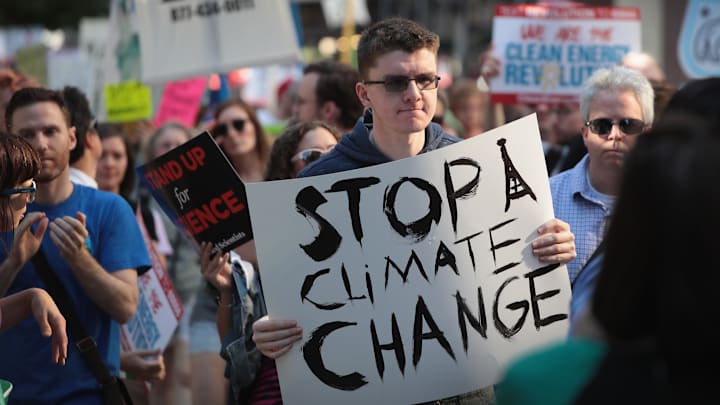Climate Change Communication: Bridging Science, Policy, and Public Understanding

Effective communication about climate change is essential for raising awareness, mobilizing action, and shaping public attitudes and behaviors towards sustainability. Climate science, policy responses, and personal actions are interconnected, requiring clear and accessible communication to bridge gaps between stakeholders and foster informed decision-making.
Climate science provides the foundation for understanding the causes, impacts, and projections of climate change based on empirical evidence and scientific consensus. Research from institutions such as the Intergovernmental Panel on Climate Change (IPCC) synthesizes peer-reviewed studies to inform policymakers, educators, and the public about the urgency and complexity of climate challenges.
Policy responses to climate change encompass international agreements, national legislation, and local initiatives aimed at reducing greenhouse gas emissions, promoting renewable energy, and enhancing resilience to climate impacts. Effective climate communication involves translating technical information into actionable insights for policymakers and stakeholders, fostering consensus and cooperation on climate action.
Public understanding and engagement play a crucial role in addressing climate change, influencing individual behaviors, consumer choices, and community resilience. Communication strategies that emphasize personal relevance, local impacts, and solutions-oriented approaches can motivate people to adopt sustainable practices, such as energy conservation, waste reduction, and support for renewable energy policies.
Challenges in climate communication include scientific uncertainty, misinformation, and ideological polarization, which can hinder public acceptance of climate science and policy solutions. Building trust, fostering dialogue, and addressing diverse perspectives are essential for overcoming communication barriers and building a broad-based coalition for climate action.
Education and outreach efforts empower individuals, communities, and organizations to become climate advocates and agents of change. Schools, universities, media outlets, and grassroots organizations play vital roles in promoting climate literacy, raising awareness about climate impacts, and inspiring collective action towards a low-carbon future.
In conclusion, effective climate change communication is instrumental in mobilizing society to address one of the greatest challenges of our time. By fostering dialogue, promoting understanding, and empowering individuals to take meaningful action, we can build a resilient and sustainable future for current and future generations.